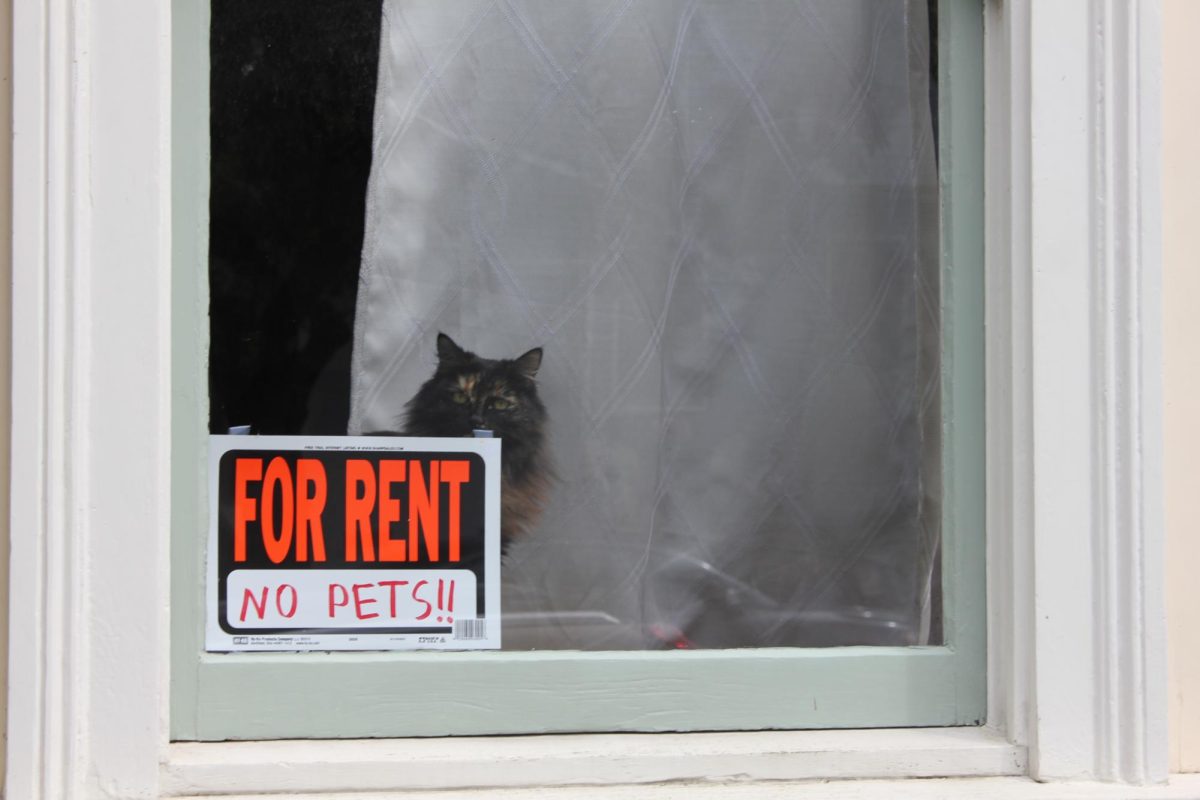On May 23, Assembly Bill 2216, also known as the “Pet Bill,” was passed by an 80 member California Assembly, winning by a vote of 43-to-8, and changing the ways of rental housing forever.
The bill requires California landlords to have a reasonable motive in forbidding any type of common pet within a tenant’s housing, eliminating all additional charges of fees and rents in the process.
According to Kevin Estrada, an English teacher who currently owns a pet and has dealt with landlords in the past, “an initial pet fee is reasonable, but charging an animal rent is absurd. I’d like to see my dog make an hourly wage…eating treats and playing tug-of-war.”
In addition, landlords are only allowed to ask about pet ownership if and when the renters application has been approved, which in many ways can be seen as a positive benefit to California pet owners, as their companion is no longer a reason in holding them back from achieving their goals of housing.
“I am excited to see how this law will play out in the coming months,” Jacob Apollo Adela ’25 said.
He added, “I am more intrigued and interested to see how landlords will react and deal with this big change, knowing that they have no other choice but to cope with it.”
In the perspective of a landlord, this new law can be concerning in terms of the bill’s impact on them, the providers, as it can be asking too much of their capacities and capabilities.
That being said, many landlords are already skeptical about renting to pet owners as they fear they will allow their pets to disturb neighbors, damage property, and cause ravage, but it can go beyond that.
Worrying about the potential liability over dog bites, annoyance issues, and cost of repairs are all thoughts that swarm through the minds of a landlord on a daily basis, causing a sufficient amount of stress, while also driving tenants away from the property. This law will not only enhance these stress levels, but will force landlords to make the pets responsibilities theirs too, which can arise many further issues in the future.
Moreover, California is known to have the second highest number of tenants in the country, holding around 17 million renters. Out of that 17 million, close to 70 percent are actual pet owners; however, only 30 percent of the rental units in any given place are pet friendly.
In San Francisco, narrowly 21 percent of the available rentals allow pets, which is not a lot when compared to the amount of pet owners in California.
Don Christopher Dilag ’25 said, “I fully support renters being allowed to have pets and ultimately, it all comes down to the discretion of the landlord on choosing tenants they believe they can trust in having pets.”
Nevertheless, it is important for landlords to see the majority of pet owners as respectful, as within that respect, comes trust, and with trust comes great new beginnings, bringing a bright new future to the business of real estate.







